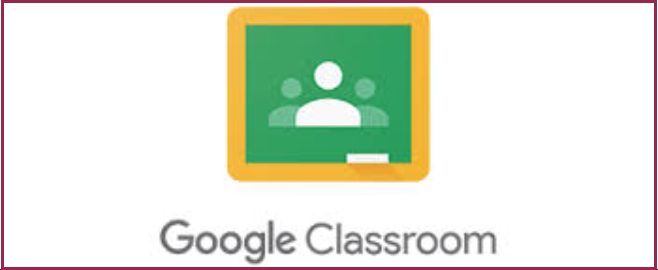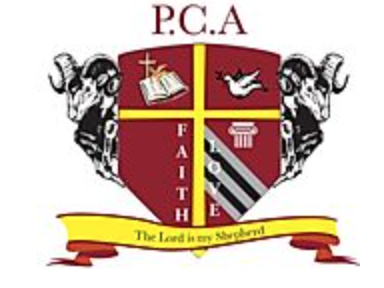Research shows that low teacher: child ratios are paramount in creating effective learning environments. PCA believes that lower ratios are much safer for children. The staff works very closely with the parents to make the transition from home to school smooth and enjoyable. Teachers communicate with parents on a regular basis to inform the parents of the child’s progress. Parents are encouraged to be involved with the school throughout the year to make it a very special place for their child.
Below are some of the Academic Enrichment Programs offered at PCA
Summer Reading Program
Summer Reading Resources

College Counseling
College Counseling
The college admissions process presents many challenges and can seem, at times, to be complex and confusing, but it can also be interesting, rewarding, and exhilarating—all at the same time. The goal for the college counseling is to help each student find the match that best suits his or her needs. We seek to encourage students to approach the admission process as young adults, and strive to help all PCA students, from the ninth grade on, to discover their passions, interests and talents, and to build upon their strengths and develop new ones, all so that they can enter college with not only the confidence of having an excellent PCA education as a foundation, but also with the knowledge that they have found the best college fit.
College Counseling Activities: Grade 9
- Review PSAT results with student and family
- Student should begin to develop an extracurricular resume (becoming involved in PCA community, clubs, teams, and other organizations)
- Meetings with counselor (both student and parents) as necessary and desired
- Student should consider summer projects/volunteer opportunities, etc.
- Review entrance requirements/expectations for many colleges
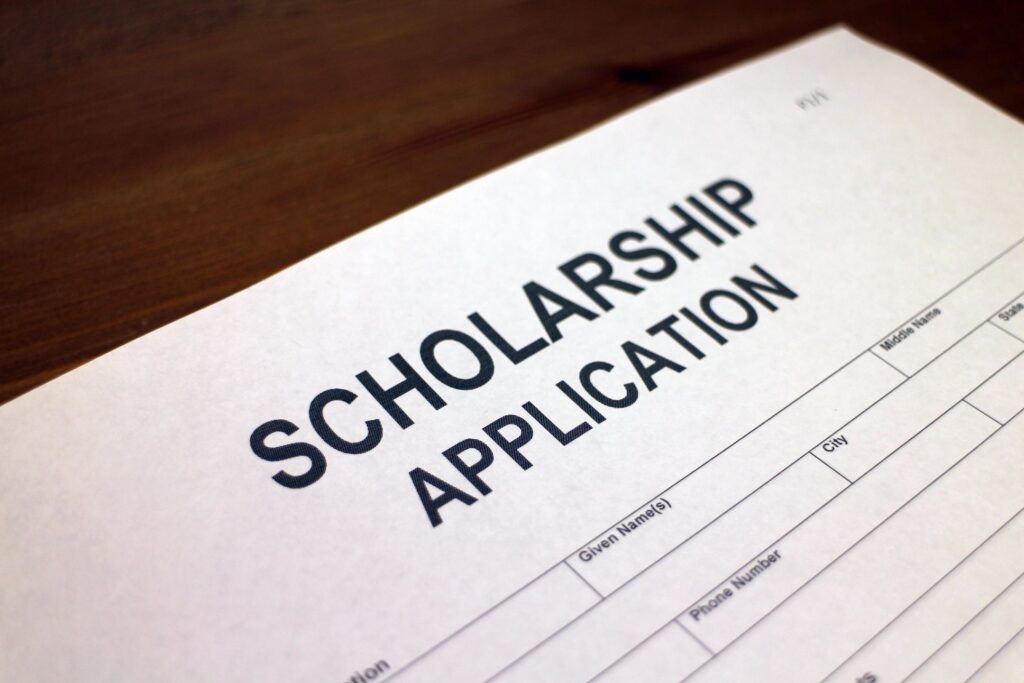
College Counseling Activities: Grade 10
- Review PSAT results with student and family; suggest test prep strategy, if necessary
- Discuss course selection—especially important as student moves into 11th grade
- Group parent meeting on the college admissions process
- Meetings with counselor (both student and parents) as necessary and desired
- SAT Subject Tests at end of year (June), as appropriate (by teacher and/or counselor recommendation)
- ACT Exam (with Writing) for practice, if recommended
College Counseling Activities: Grade 11
- Parent College Information Forum
- PSAT National Merit Qualifying Exam
- First Junior ACT with Writing (if desired and/or recommended): October or December; second, if recommended: April or June
- November/December:Group meetings with juniors to familiarize students with the collegeoffice and to help students begin college research
- First SAT: January, recommended; second: June, recommended
- SAT Subject Tests, if necessary: May, recommended
- Junior Parent College Night
- First official counselor/student (and family) individual meetings on college planning, beginning January of junior year
- Preliminary college list developed
- Contact all colleges on preliminary list
- Advanced development of activities resume
- First college trips and interviews
- Assistance in selection of teacher recommendations
- Consultation regarding financial aid
- Assistance in selection of summer activities/jobs/programs
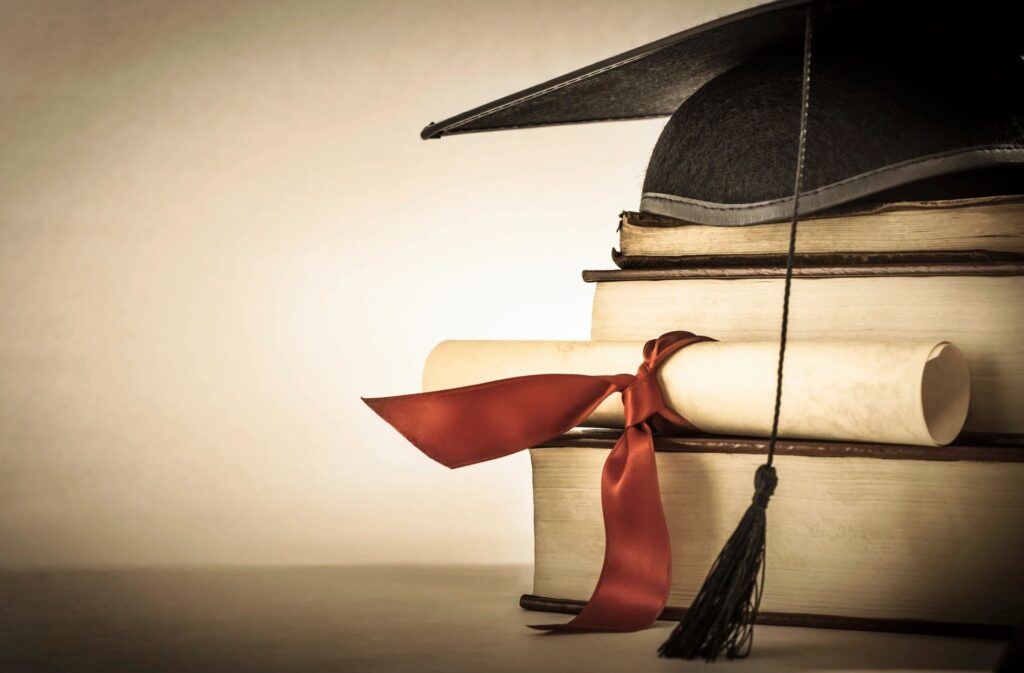
College Counseling Activities: Grade 12
- Seniors encouraged to attend optional college essay workshop during the first week of August
- Parent College Information Forum
- Continued individual student and/or family meetings with the counselor
- October/November: final SAT and/or SAT Subject Tests
- October/November: final ACT (with Writing)
- Assistance in refining the final college list
- Students write college essay(s); review essay(s) with counselor
- Counselor writes school recommendation for each senior
- Review of College Applications prior to submission
- Consultation regarding financial aid
- Consultation with counselor about acceptances
- Meet 1 May national reply deadline
Innovation/Discovery
Revamping the learning experience.
Innovation extends beyond the typical boundaries of STEM, where we’ve added Arts into the mixture of Science, Technology, Engineering, and Mathematics. We think of innovation as intentional changes to the teaching and learning environment for the purpose of enhancing student learning. Additionally, given the gender disparity in technology, PCA will work on the next generation of engineers as part of the Girls Code Program. That’s why we’ve redesigned and renovated spaces on campus to provide students with the room they need to excel. And that’s why our faculty constantly seek ways to enhance the manner in which they teach, providing hands-on, engaging coursework.
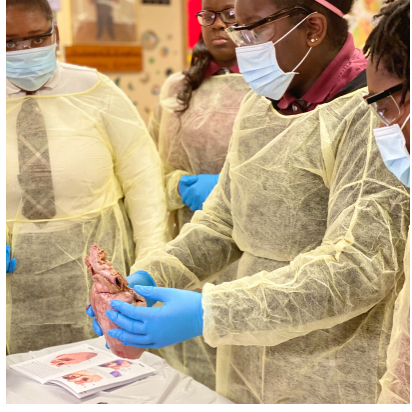
Learning and leading through experience is part of personal discovery. It is built around four pillars: responsibility, compassion, self-awareness, and environmental awareness. PCA promotes the Art of Problem Solving as a component of its discovery learning process through active research. Another unique aspect of Discovery is that student leaders help plan each course and its facilitating activities. As part of the Discovery learning process, all students who have completed their ninth grade requirements are eligible to apply to become a student leader as part of our Student Council.
This allows them to work hand-and-hand with faculty and staff to incorporate experiential learning and leadership in the day-to-day curriculum of the school. These activities extend to student mentors, active participation in church activities ranging from TV/Live Stream Broadcasting, Journalism with the publication of the Pentecostal Tribune.
Mastery Learning
Mastery Learning is part of PCA’s Innovation/Discovery process. The mastery learning approach is by far the most natural way to learn. This also makes it the most effective method for instruction in many cases. The caveat, within the classical educational environment at least, is that the mastery learning approach is only possible in smaller, truly interactive classes featuring full student-teacher engagement. Few schools anywhere can implement mastery learning with the refinement and commitment of PCA.
Mastery learning deeply engages the student and teacher in an asynchronous learning process. Mastery education is one of main reasons self-motivation and engagement levels are incredibly high on our campus. Our teachers supplements a students learning and from their mistakes, and work and re-work each skill on their way to mastery of course material. When our students present work below their mastery level, they may continue or upgrade their work until they demonstrate learning for mastery. Our teachers have office hours to offer extra help, and students may need to rework homework, and retake quizzes and tests in order to demonstrate mastery education proficiency.
Please see references below for further information of Mastery Learning.
BLENDED LEARNING – COMBINING SYNCHRONOUS AND ASYNCHRONOUS LEARNING
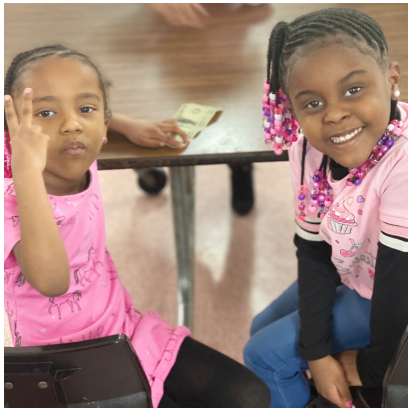
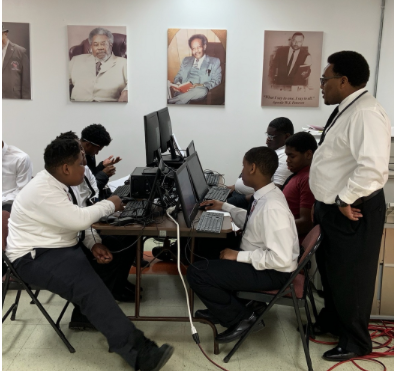
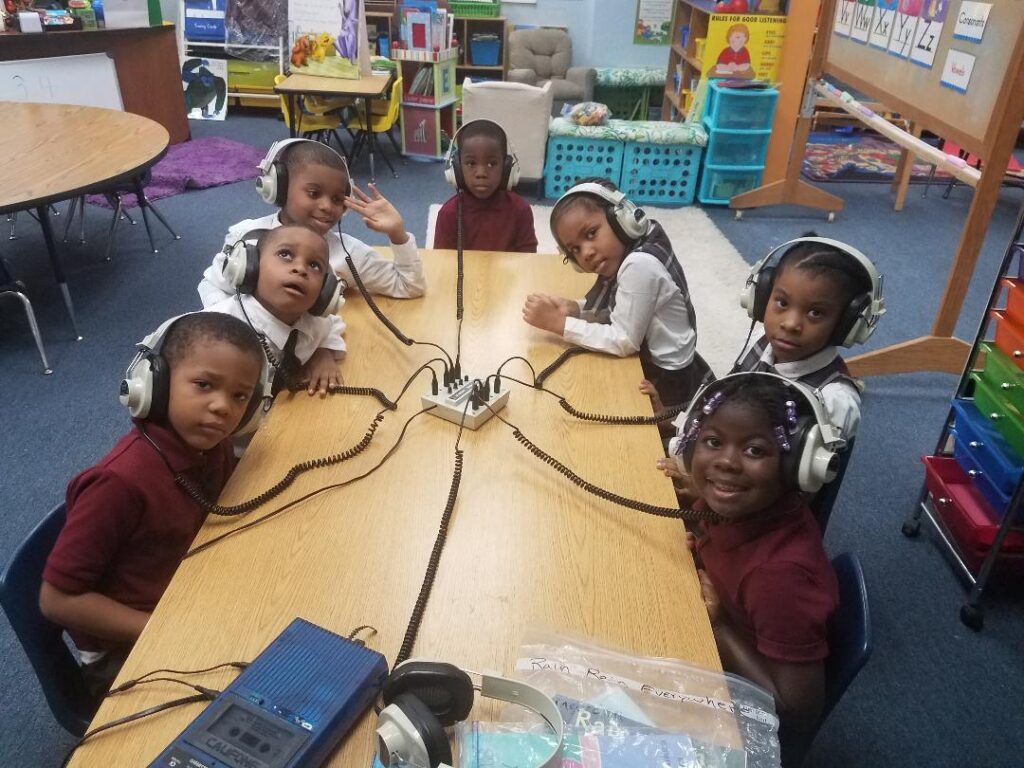
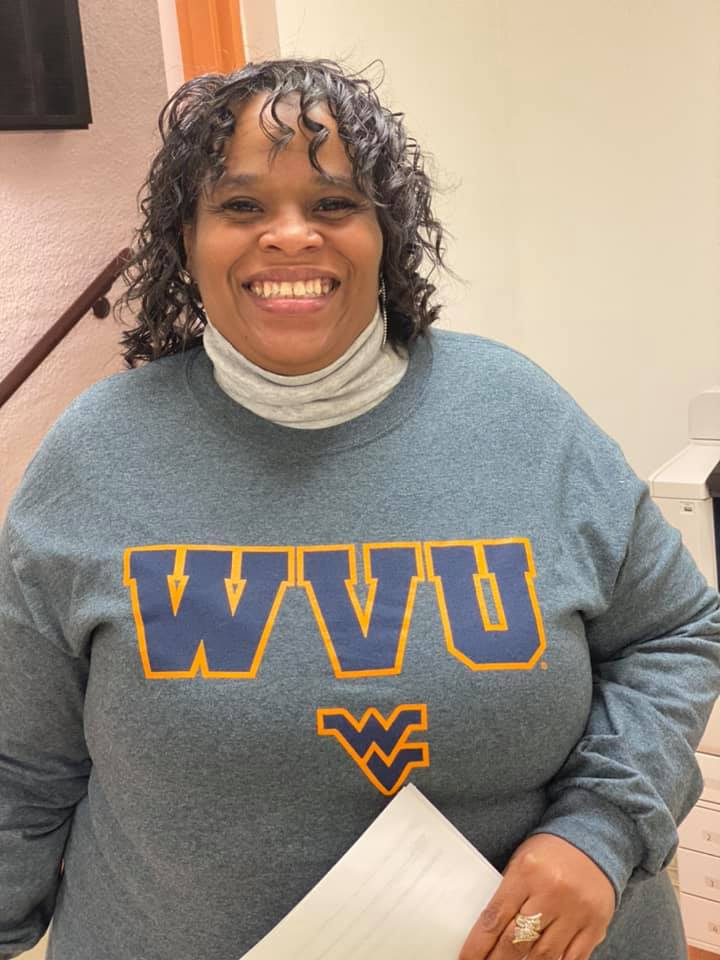
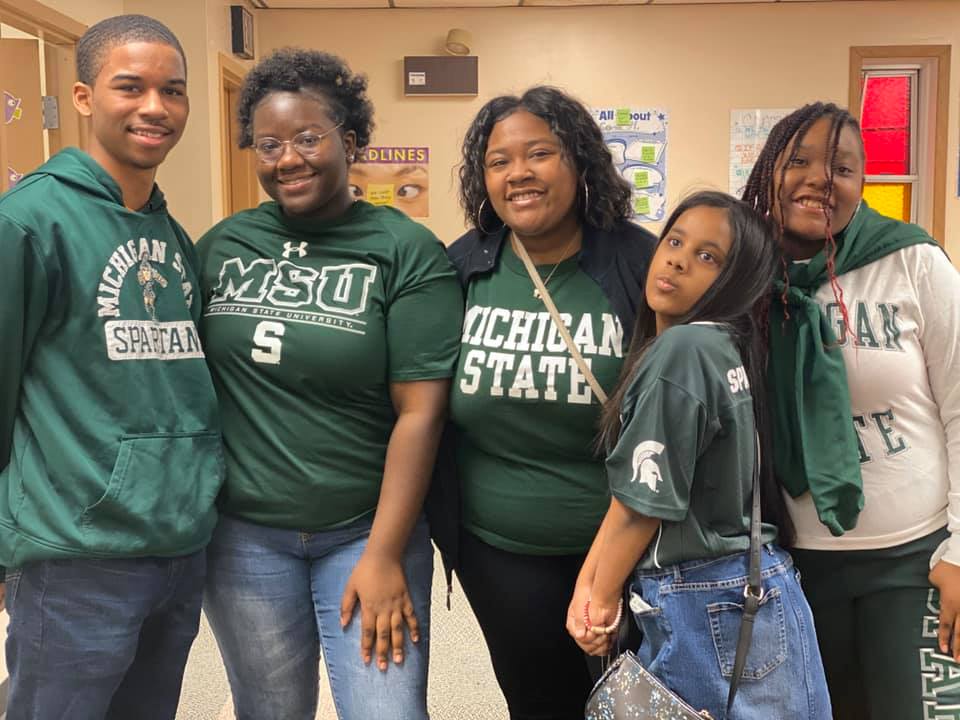
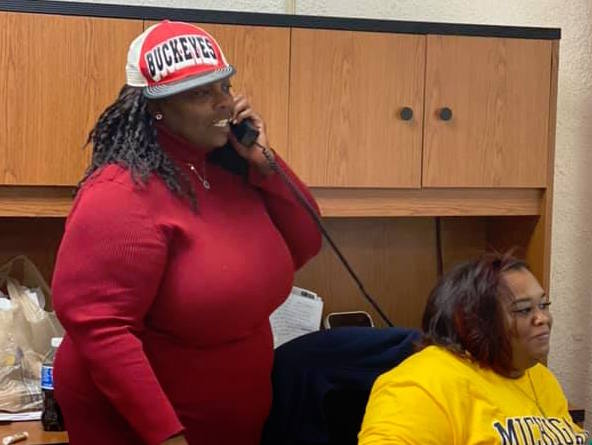






PCA works with a variety of educational partner to develop a well-rounded, engaged preparatory educational program.

Khan Academy 
TEDEx 